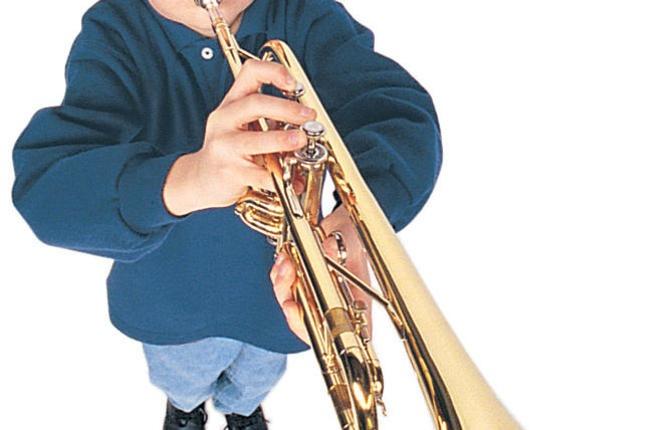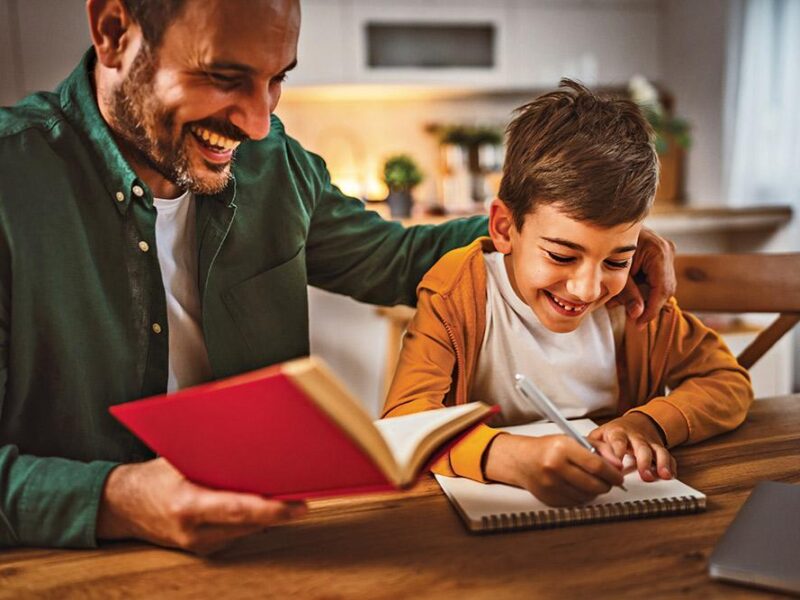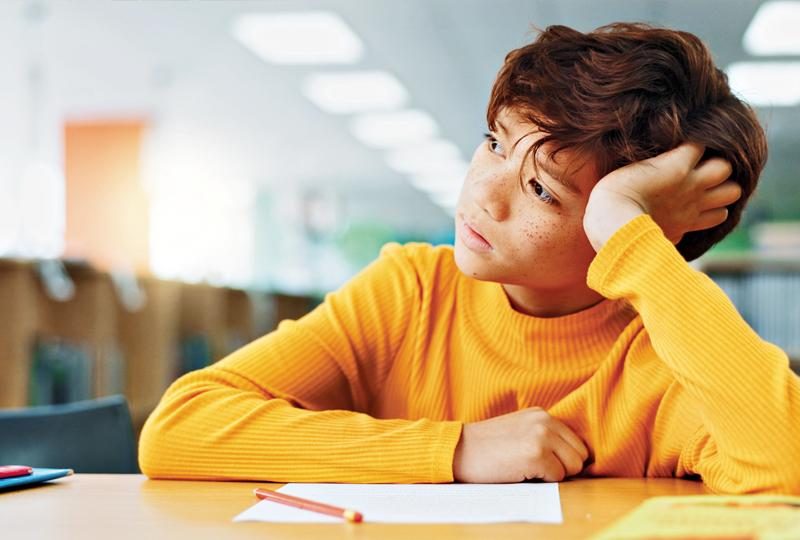
The benefits of learning a musical instument
Many studies suggest that playing and listening to music improves learning, memory, reasoning ability and general creativity. Researchers also support the theory that young children who are exposed to music develop enhanced cognitive skills.
Music teachers are aware that the influence of music goes far beyond the intellectual and physical development of the child. Studying music contributes to the growth of a well-balanced child in sensitivity, expressiveness and the spirit essential for functioning in a complicated world.
Music lessons inspire creativity, imagination and cultural awareness; develop concentration and memory; improve co-ordination and manual dexterity; enhance scholastic performance and promote spiritual development, self-confidence and relaxation.
When should a child start music lessons? At the end of the 20th century, scientists established that music activity in the early childhood positively affects the formation of the physiological and anatomical structures of the brain. It is beneficial for the exchange of information between the left and right hemispheres that are responsible for the processes of perception, recognition, thinking, decision making.
Music activities at the early age are designed to stimulate a child’s brain, strengthen developing neurons, build gross and fine motor skills, and enhance social-emotional development. So, an infant, a toddler, or a preschooler will truly benefit from music classes. Infants respond to music by cooing, smiling, and even swinging their arms or kicking their legs to the beat. Toddlers love to dance, swing, and sing as they develop their motor and aural skills. Preschoolers strengthen neural pathways by making up songs and rhymes as their imaginations run wild. The bottom line: early, positive, and age-appropriate experiences with music can have a remarkable and research-proven impact on a child.
Can any child participate in music lessons?
Unfortunately, there are parents who are convinced that their children lack any musical abilities; therefore, they request to have their children assessed. Some music teachers invite potential students for an «assessment» to determine either or not the child is suitable for music lessons. Such an «assessment» can forever repulse any desire to learn and it can negatively influence the child’s self-esteem. Dr. Shinichi Suzuki (a violinist and a founder of Suzuki violin method) through the experience that he has gained by conducting experiments in teaching young children for over thirty years, has come to the definite conclusion that musical ability is not an inborn talent, but an ability which can be developed. Any child, properly trained, can develop musical ability just as all children in the world develop the ability to speak their mother tongue. Children learn the nuances of their mother tongue thought repeated listening and the same process should be followed in the development of an ear for music!
What are the types of group music instruction for small children?
Small children love music. They show it by singing, dancing, clapping, marching and moving to music they like. Given this enthusiasm, many parents consider enrolling a child in music lessons if the child shows an aptitude and an interest.
Many programs have been developed for pre-school music education. Children who exhibit an interest in music but who aren’t yet mature enough for private lessons can benefit from general music lessons in a group setting.
When is a child ready for private lessons?
Children benefit substantially from beginning their musical journey in an early age. They build understanding and literacy experiencing the elements of music – the same way they assimilate language. Early childhood is the ideal time to start playing a music instrument. However, teaching a very young student is an enormous responsibility for the teacher. There are very few music teachers, who accept students before age of six.
Indeed, the instruction of young students requires from the teacher considerably more creativity, patience and warmth. It is essential to remember, though, that at age of three to six, the child’s ear is at its peak of sensitivity. Therefore, it is recommended to begin instrumental study, with an experienced teacher, from the earliest possible age.
For instance, individual piano lessons can be commenced with a student as young as 3.5 to five years, based on the individual development of the child. For those who wish to play guitar or violin, it is necessary to select an instrument of the corresponding size; and then, individual instruction can be started as early as at age of four. In order to start playing on woodwind or brass instruments, the student has to wait a little longer, since the child’s lungs must be developed sufficiently.
What is the best way to make a student enjoy learning and practicing?
Motivating the child properly is the main teacher’s and parents’ goal. It is essential that the student enjoys practicing correctly a home. Both the teacher and the parents should be sensitive to the feelings of the child. Forcing the child every day, saying, “Practice, practice, practice,” is the worst method of education and only makes the child hate practicing. The teacher should help the student to choose an interesting repertoire. That will keep the student’s practice time more interesting. The home assignments must have clear indications of the required practicing process. The parents, on the other hand, need to set up a positive learning environment at home, keeping in mind that using one’s practice time wisely will bring greater and more noticeable results.
What is recommended lesson length?
Individual music lessons should vary in length according to the needs of the child (from 15 minutes to one hour). The attention span of the child should be taken into account. If the small child is able to concentrate only for a short time, it is better to shorten the lesson time. A skilled teacher should incorporate short and contrast exercises into the lesson, in order to prevent the child from being tiered and to support his constant interest.
How to select the right music teacher?
Signing up for music lessons involves a long-term commitment. Great care should be taken to find a music teacher that is a good fit for the student. Parents will appreciate working with a teacher whose teaching philosophies and operating procedures complement their vision for their child’s musical education. Teaching methods and musical interests play a major role in motivating and exciting students. There are several types of music teachers, each offering their unique blend of experience, knowledge and teaching approaches: certified teachers, student teachers, professional musicians and teachers who lack accreditation. However, the teacher should be chosen not only for his/her musical education background, but also for the warmth, enthusiasm and ability to relate with students and be able to adapt his/her teaching approach as required.
Where to look for a music teacher?
The first place to look for a teacher is to ask friends/relatives who study. Next, parents can visit music stores and instrument dealers and ask for their list of teachers. Local yellow pages, classified ads or internet search can be another source. Note: music teachers may or may not have been screened in any way. Therefore, it is highly recommended to turn to a music school that specializes in providing in-home music lessons. The school coordinator will help the parents to make a compatible match with one of the school’s teachers, qualified in their area of specialization, taking in account student’s preferences for teaching style, availability, personality and musical goals.
What is the best learning environment?
Music lessons are offered in several venues. Students can study at a music school affiliated with a music store, a music school affiliated with a conservatory, at a private music teacher’s studio. However, the best learning environment is one that is safe and comfortable, such as in the comfort of student’s own home, so there’s no drive time, travel expenses or time out of one’s day. This environment is very convenient for big families with a busy schedule who don’t have accessible transportation.
Maya K. Vasserman, is music director of Maestro In-Home Music and a Kindermusik/Suzuki certified instructor. Visit www.maestroinhomemusic.com.





